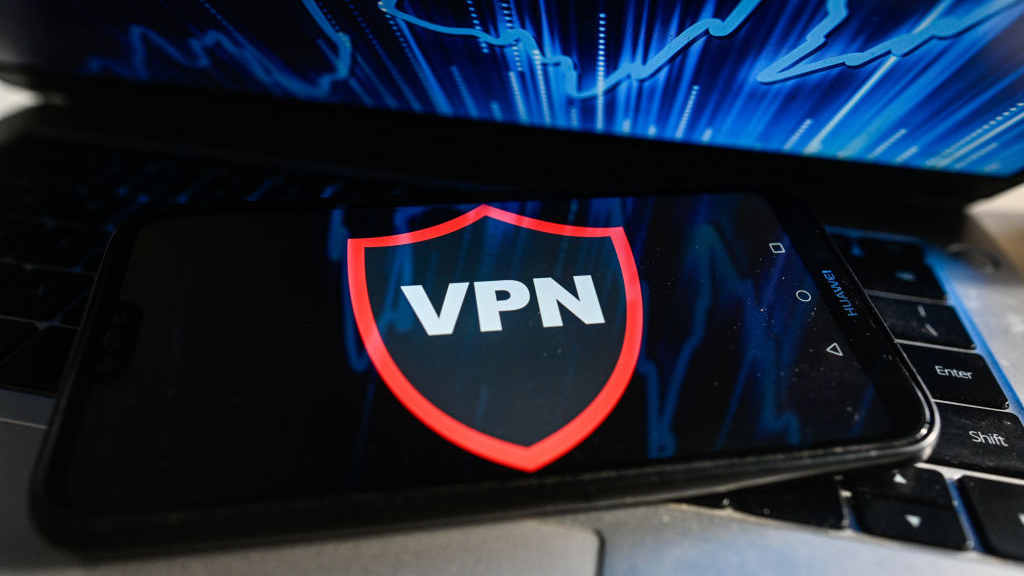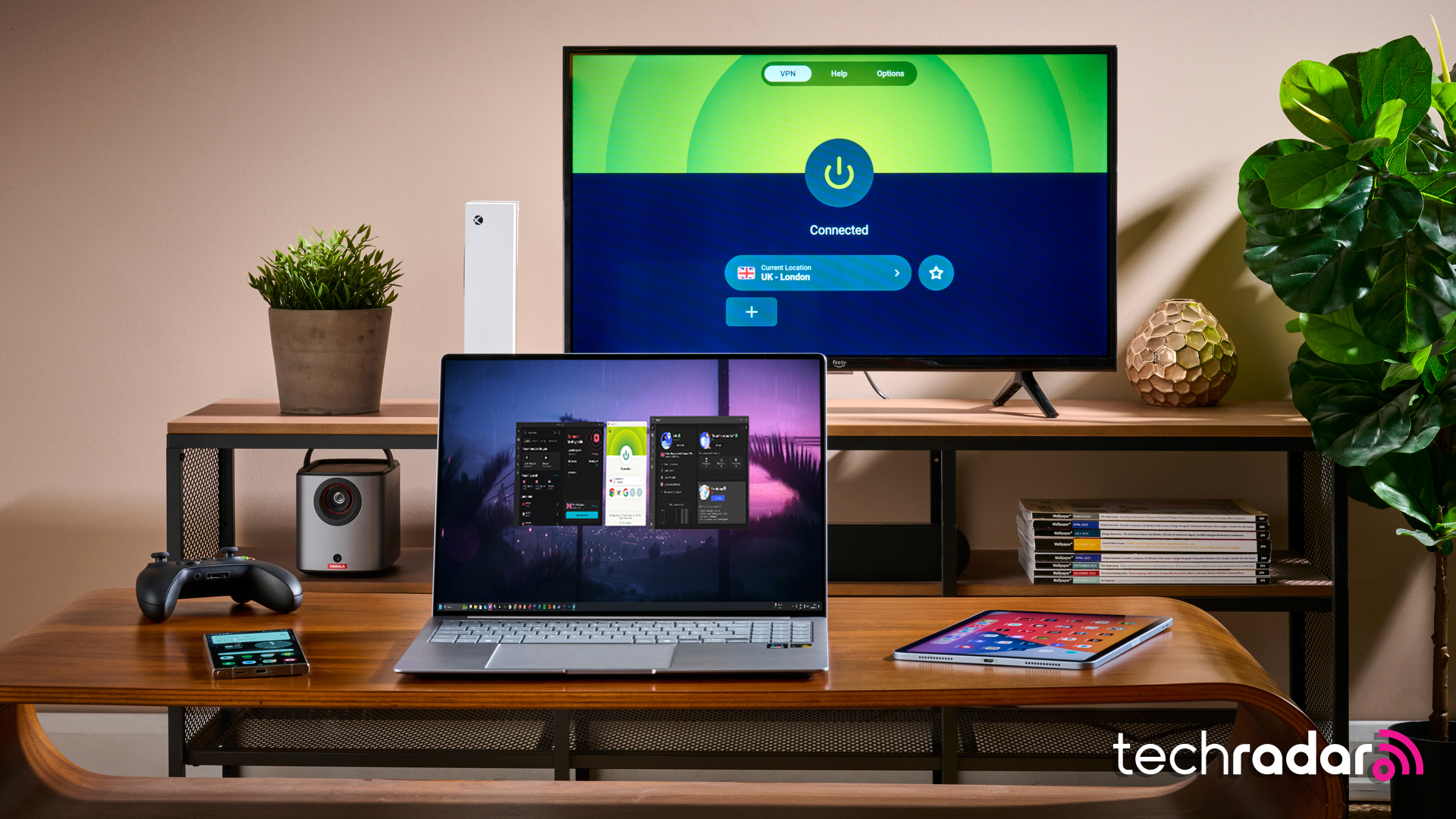In the world of cybersecurity, privacy is a paramount concern. Today’s best VPNs provide a significant layer of protection, encrypting your internet traffic and masking your IP address from snoopers, ad brokers, and other nosey types.
However, if you’ve got the technical know-how, you may be tempted to set up your own VPN server. This may seem like a good idea in theory, and a great way to reclaim your digital privacy, but there are several reasons why it’s not quite as simple as that.
Professional VPN providers offer better defenses and more sophisticated understanding of the threat landscape. In contrast, a self-hosted VPN exposes users to significant risks. Keep reading, and I’ll walk you through them.
Lack of professional-grade resources
VPN providers offer professional-grade infrastructure specifically designed to provide high availability and scalability. This includes:
- Redundant systems: VPN providers deploy multiple servers and data centers across different locations, ensuring that your connection remains stable and secure even during hardware failure or a DDoS attack.
- Traffic load balancing: large VPN providers distribute user traffic across different servers to avoid bottlenecks and slowdowns, ensuring fast and reliable service.
- Global server networks: reputable streaming VPNs have servers in many countries, giving users the flexibility to choose their preferred locations for speed and access to geo-restricted content.
Setting up your own VPN means managing all these aspects on your own, which can be technically challenging and resource-intensive.
Without the necessary infrastructure, your VPN may be vulnerable to performance degradation, availability issues, and security flaws that you might not be equipped to address. Imagine being away from home and tunneling into your own hosted VPN to find it is down!
VPN providers understand the threat landscape better
Professional VPN providers invest heavily in security measures and infrastructure to safeguard their users’ privacy. They employ teams of security experts who keep up to date with the latest threats, vulnerabilities, and best practices.
These experts are continuously monitoring for risks and implementing security protocols such as:
Advanced encryption standards (AES-256)
Top-tier VPN services use industry-standard encryption (and the same method employed by the US government) to ensure that users’ internet traffic remains private – even from eavesdroppers.
Multi-factor authentication (MFA)
Many VPN providers offer MFA to prevent unauthorized access to your account, adding another layer of protection. These types of securities are just not practical for home users, no matter how techie they may be.
Don’t take a chance

Wondering how VPN kill switches do their thing? Check out our in-depth guide to kill switches.
Kill switches
This handy feature ensures that, if your VPN connection drops, your internet connection is cut, too. This prevents you from transmitting data outside of the VPN’s encryption tunnel – and stops leaks before they happen.
Leak protection
VPN services actively work to prevent DNS, WebRTC, and IP address leaks, which could expose your real identity.
Audited privacy policies
Reputable providers undergo regular audits to ensure they’re sticking to their privacy promises and not keeping logs that could compromise user anonymity. This is important to those who adopt a “Trust but verify” stance.
In contrast, if you build your own VPN server, you are responsible for securing the entire system. This requires a deep understanding of network security, firewall configurations, and encryption protocols.
Even experienced systems administrators can make mistakes or overlook vulnerabilities, which may leave the environment open to attacks. Moreover, staying updated with the latest threat intelligence and patches is an ongoing effort, which can be time-consuming and complex.
Commingling VPN sessions
One of the biggest challenges when running your own VPN server is ensuring proper isolation between sessions and users. If you host your own VPN, all your data traffic is funneled through a single server, and this can lead to several privacy risks.
No separation between sessions
In a multi-user environment, your VPN server may not have the appropriate segmentation between individual users’ sessions. This could mean that sensitive data from different users might get mixed together in logs or in temporary files, potentially exposing private information.
In the case of misconfigurations or system breaches, one user’s traffic could be inadvertently exposed to another, violating their privacy.
Lack of anonymous usage
Professional VPN providers use multiple servers with obfuscation techniques to ensure that users cannot be traced back to each other. A self-hosted VPN setup does not have this level of sophistication and could inadvertently expose users to more risks when it comes to anonymity, particularly if multiple people are sharing the same server.
No external monitoring
With a self-hosted VPN, you have no way of ensuring that external monitoring of the network traffic is occurring. Reputable VPN services often employ independent third-party audits to ensure that no logs are being kept or that data isn’t being misused.
Without these independent audits and oversight, you may not know if there are any vulnerabilities or compromises.

Legal and compliance risks
VPN providers often operate under strict compliance with privacy laws such as GDPR in the EU or CCPA in California. Some go as far as setting up their business in privacy-friendly jurisdictions to reduce the amount of data they are compelled to share.
Where in the world?

The location of a VPN’s HQ has serious ramifications on your privacy. Want to learn more? Visit our guide to VPN jurisdictions.
These regulations require companies to handle personal data with care, and many VPN providers offer transparency reports that detail how user data is handled. They may also be subjected to regular external audits to verify their practices.
When you set up your own VPN, you are solely responsible for ensuring that you comply with relevant data protection laws.
This might be especially challenging if you operate in a jurisdiction with complex or strict privacy regulations or just oppressive governments full stop. It has happened many times that a visit to a questionable site has resulted in a dawn raid and equipment confiscation.
Misconfiguration and security gaps
One of the most overlooked risks of hosting your own VPN is the potential for misconfiguration. A small mistake, like incorrectly setting up encryption or failing to secure server-side authentication, can result in serious security vulnerabilities.
Even simple things like outdated software or improperly configured firewall settings can leave your VPN server open to exploitation.
Professional VPN services typically have specialized tools and trained staff to ensure that their infrastructure is secure. On the other hand, a DIY VPN might lack these protections and could be easily compromised by attackers.
Once a VPN server is breached, all the traffic passing through it is at risk, and the damage could extend far beyond your own data.
Higher cost and complexity
Setting up a personal VPN server involves both technical and financial commitments. You’ll need to purchase or lease a dedicated server or VPS, understand the provider’s privacy and ToS statements, and maintain the server yourself, including updates, backups, and monitoring. For individuals or small teams, this could become cost-prohibitive.
Additionally, the time and expertise required to maintain the system may not justify the cost savings compared to subscribing to a professional VPN service.
For individuals or small teams, setting up a VPN could become cost-prohibitive
In contrast, reputable VPN providers offer easy-to-use apps and cost-effective subscription plans, with the infrastructure and expertise to ensure security, performance, and privacy. You simply pay for the service, and they handle the complexities.
While setting up your own VPN might seem like a way to gain full control over your privacy and security, it’s important to consider the risks and challenges involved.
Professional VPN providers have the resources, infrastructure, and expertise to offer more robust protection against the modern threat landscape, while also ensuring privacy through separation of user sessions and continuous monitoring. On the other hand, self-hosting your VPN could lead to misconfigurations, poor isolation between sessions, and greater exposure to security threats.
Unless you have extensive experience with networking, encryption, and server administration, a professionally managed VPN service is likely to be the safer and more effective choice for securing your online privacy.

